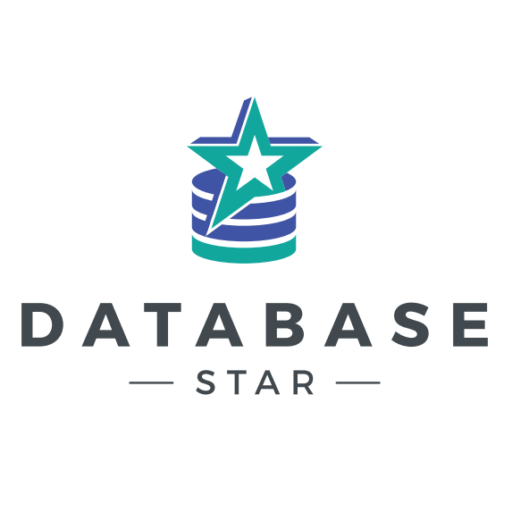SachAccess
Active member
- Local time
- Tomorrow, 00:36
- Joined
- Nov 22, 2021
- Messages
- 389
Hi,
I have started learning SQL queries from last week. I am taking help from SQL Tutorial (w3schools.com)
Have covered almost all the queries listed there. Facing issues with 2/3 queries even with their own sample database and queries but will come to that later.
This site has covered almost all the main types of queries (at least this is what I think). However, while writing and editing these queries I realized that I can add more combinations to the queries. I was successful with some, faced issues with some. This adding combination was just my imgination.
Am sure, there will be 100s of more combinations which can be tried and am not aware of.
Can experts here please help me with similar sites which will help me to lear SQL queries with more combinations, more examples.
Thanks.
I have started learning SQL queries from last week. I am taking help from SQL Tutorial (w3schools.com)
Have covered almost all the queries listed there. Facing issues with 2/3 queries even with their own sample database and queries but will come to that later.
This site has covered almost all the main types of queries (at least this is what I think). However, while writing and editing these queries I realized that I can add more combinations to the queries. I was successful with some, faced issues with some. This adding combination was just my imgination.
Am sure, there will be 100s of more combinations which can be tried and am not aware of.
Can experts here please help me with similar sites which will help me to lear SQL queries with more combinations, more examples.
Thanks.



